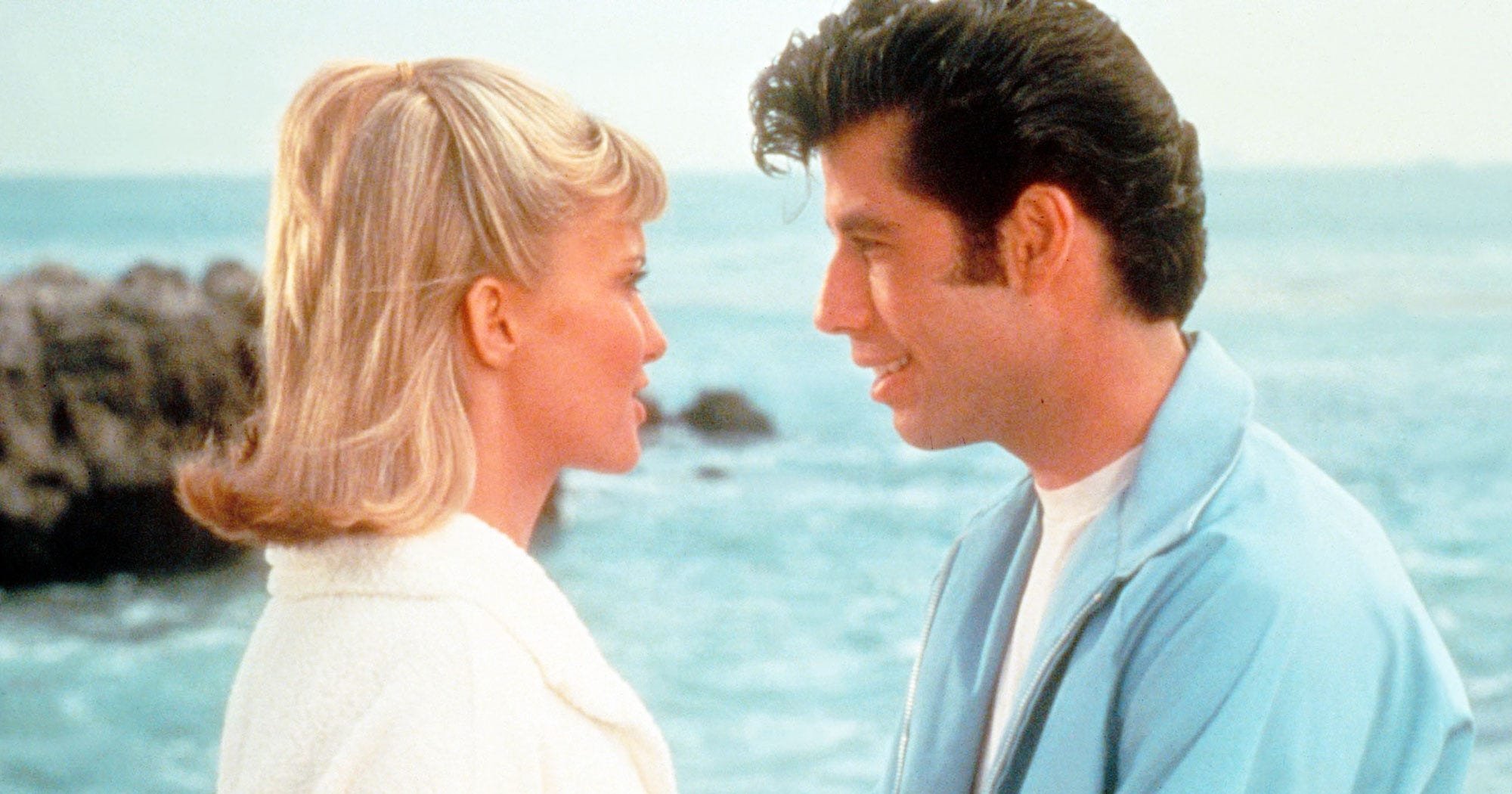
Screw Relationships, Let’s Have a Fling; On Brands & the Privacy Debate
Saneel Radia
18/05/2010
I’ve written about social media flings before, but all the recent buzz about privacy issues got me thinking about this subject again.
Brands are obsessed with friends and fans in social media environments when a much more relevant (and achievable) goal would be a less committed relationship: a fling. Why ask so much from a consumer when most brands fail to deliver on expectations anyway? The number of brands I’ve met with an editorial calendar and iterative community management strategy is so few, I can count them on one hand. Yet, the gathering of fans / followers / cults prods aimlessly on, justified via the value of earned media. The idea of talking to a million people whenever you want — that’s just too good to not pursue, right?
I just don’t get it. Maybe I’m too demanding as a consumer, but I have a tough time with the “in or out” invitation posed by most brands. I was talking to @hashembajwa about this recently and he cited the following example: “I love and am loyal to Virgin Atlantic, but that doesn’t mean I want to hear from them at any point other then when I have London on my mind.”
That comment really struck me. For him, it was about context. And that’s really what a fling is. It’s like a camp friend— that kid you were super close with at camp. You couldn’t imagine a scenario at camp he or she wasn’t a part of. But, once you got back home, regardless of promises to call and write, it didn’t happen. It just wasn’t relevant to stay in touch back in your normal life. But hey, next time you were at camp, you two picked up right where you left off, no? That’s the perfect camp friend.
So why aren’t brands OK with relationships like that? Context isn’t such a bad thing. It’s what good media planning is all about. And if the main arguments for these ludicrous fan numbers I hear brands chasing is rooted in earned media, it seems only rational they would evaluate said media based on quality, as they do with all media.
And that’s the rub.
You see, context of any kind is where brands face the privacy issue square in the face. They need to know as much about a person as possible to have these flings. Most brands on Twitter, for example, wait until you’ve called them out by name before @-replying because they fear otherwise their tweets will be viewed as spam. It’s the same expectation you’d have as a consumer in Facebook. What if a brand waited until your status was relevant to them to reach out to you? “@hashembajwa, I see you you’re excited about dinner in London, would you like some help planning your trip? – Love, Virgin.” Scary for many people. But enticing as a brand. And that’s why most brands are going to sit quietly while Facebook takes its lumps and sorts out privacy on their behalf. I guess they’ll depend on creating their own context via campaigns, but that’s pretty darn hard.
So, if you’re a brand with something at stake here, would you step in? I can’t imagine brand managers want any part of that conversation, but I think it’s important they have one. Without some understanding of what the pros and cons of the privacy issue are, Facebook is left alone as big, bad brother. In reality, lots of brands would help consumers tremendously if given the opportunity via this type of context. Yet no brands are stepping up, even as a collective, to help consumers understand if there is another side to the privacy issue. How can we expect consumers to make an objective decision about something when they aren’t hearing any upside?
Because, talking to a million fans about camp while they’re in school might feel like a relationship, but I’d argue making out with them while they’re at camp is a lot more social.
Or at the very least, it’s more fun.
